K-FOODYou know how to make KIMCHI?
- Informative
- 서울정육점
- 19-05-23 14:26
- 3,891
Hi ! KORdotSIN Members !
This is Seoul butchery from one of biggest Korean mart in Singapore
Today, I'd like to introduce about KIMCHI !
Here we go!
Kimchi is a traditional Korean dish consisting of pickled vegetables, which is mainly served as a side dish with every meal, but also can be served as a main dish. Kimchi is mainly recognized as a spicy fermented napa cabbage dish as a common globally.There are hundreds of varieties of kimchi made with different vegetables as the main ingredients.
So now, Let me teach you that what kind of kimchi we have.
The most common kimchi variations are..
• Baechu-kimchi (배추김치)
spicy napa cabbage kimchi, made from whole cabbage leaves
• baechu-geotjeori (배추겉절이)
unfermented napa cabbage kimchi
• Bossam-kimchi (보쌈김치)
wrapped kimchi
• Baek-kimchi (백김치)
white kimchi, made without chili pepper
• Dongchimi (동치미)
a non-spicy watery kimchi
• Nabak-kimchi (나박김치)
a mildly spicy watery kimchi
• Chonggak-kimchi (총각김치)
cubed chonggak "ponytail" radish, a popular spicy kimchi
• Kkakdugi (깍두기)
spicy cubed Korean radish strongly-scented kimchi containing fermented shrimp
• Oi-sobagi (오이소박이)
cucumber kimchi that can be stuffed with seafood and chili paste, and is a popular choice during the spring and summer seasons
• Pa-kimchi (파김치)
spicy green onion kimchi
• Yeolmu-kimchi (열무김치)
Is also a popular choice during the spring and summer, and is made with yeolmu radishes, and does not necessarily have to be fermented.
• Gat-kimchi (갓김치)
made with Indian mustard
Moving on the next, Kimchi main ingredients!
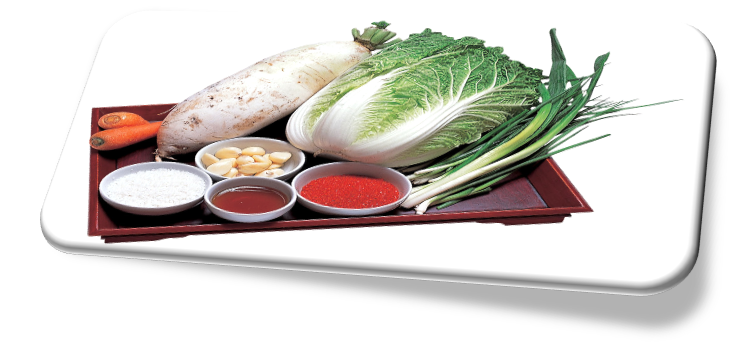
Basic ingredients for kimchi: napa cabbage, radish, carrot, scallion, garlic, chili powder, fish sauce, &salt.
Storage instructions in section Storage & Stability
In the past, kimchi was traditionally stored underground in jars to keep cool during warm months, and remain unfrozen throughout the winter months, during which time it was a vital source of vegetables. With the rise of technology, kimchi refrigerators are more commonly used to store kimchi. In our modern refrigerators, where we tend to maintain a temperature of around 37 degrees F (3 degrees C) one should aim to consume your Kimchi within 3 months or so.
Dishes made with kimchi
Kimchi can be eaten alone or with white rice, but it is also included in recipes of other traditional dishes, including porridges, soups, and rice cakes. Kimchi is also the basis for many derivative dishes.
*Kimchi stew
(김치찌개; gimchijjigae)
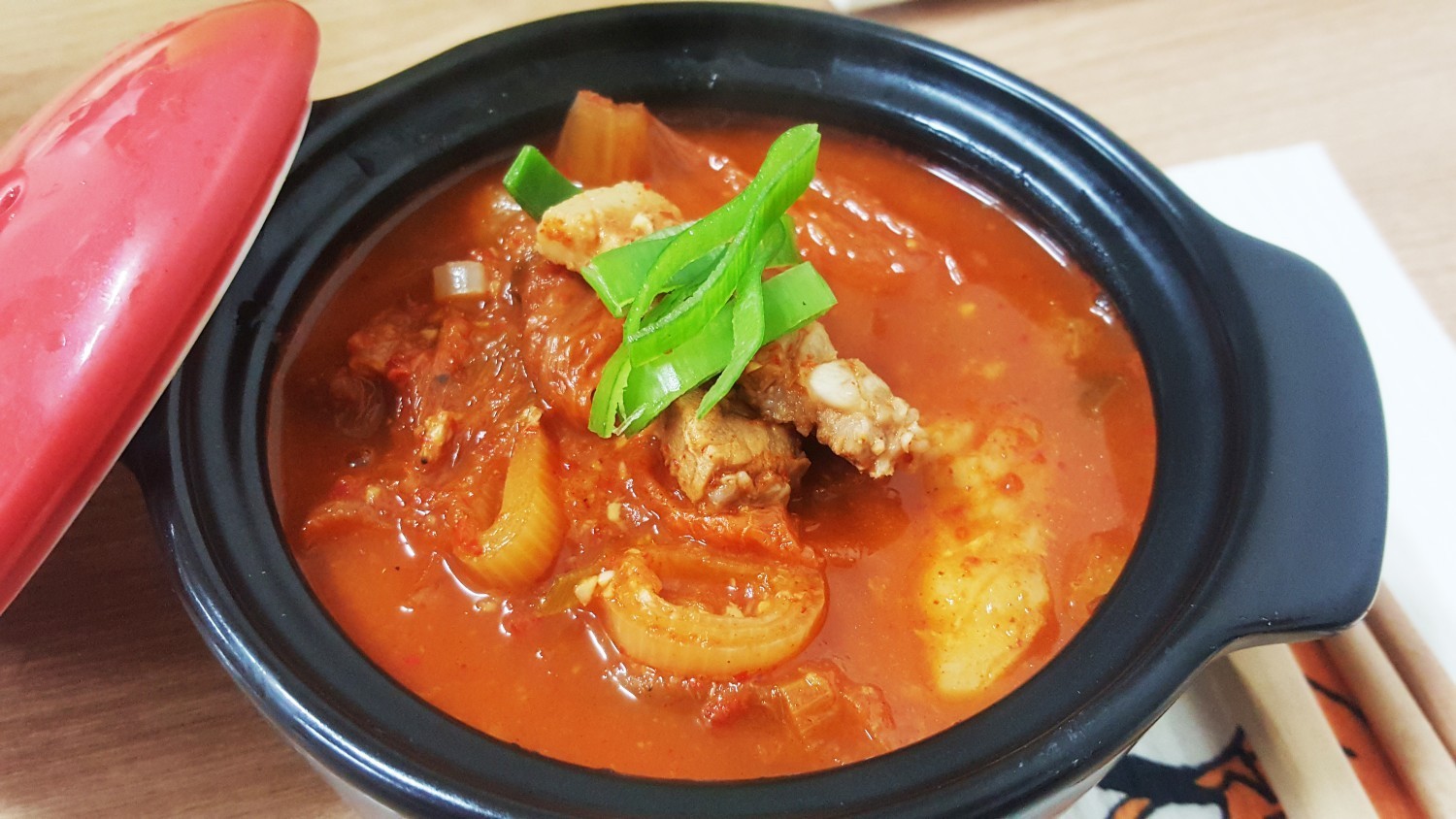
*Kimchi pancake
(김치전; gimchibuchimgae)
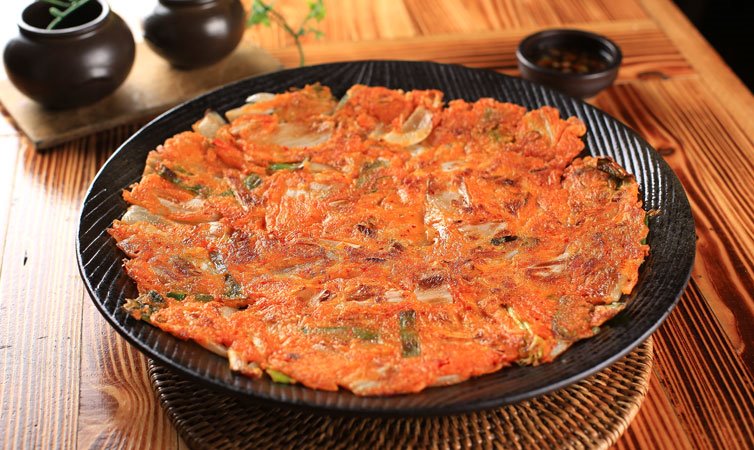
* Kimchi fried rice
(김치볶음밥; gimchibokkeumbap)
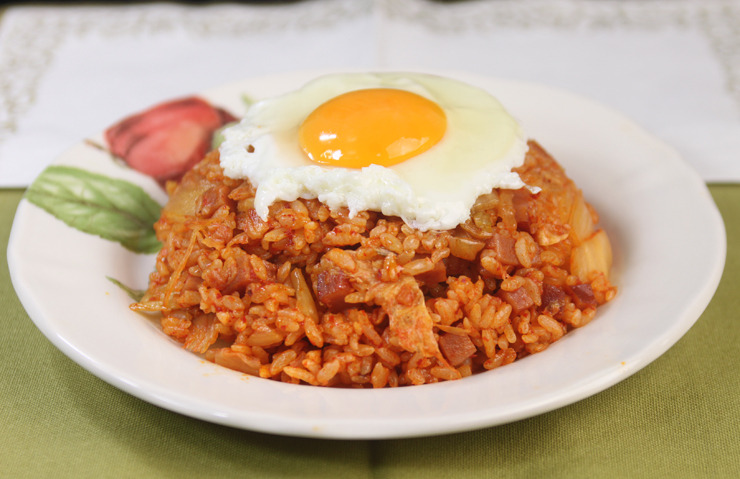
* Army base stew (부대찌개; Budae-jjigae) is a popular dish made with spam, sausage, & kimchi. It originated after the Korean war with ingredients that would be scrounged from the army.
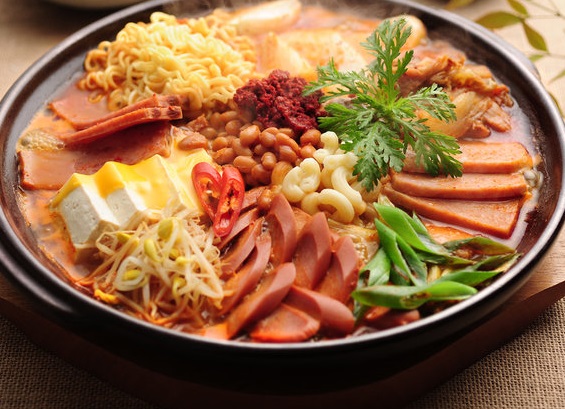
If you want a variety of kimchi that is easily accessible, try Seoul Butchery!
Online, a variety of meats cut to perfection. Offline, a huge stock of your favorite Korean groceries await!
ONLINE: https://www.korea.com.sg/shop/list.php?ca_id=20
OFFLINE: 13 Yuk Tong Ave, Singapore 596318
SeoulButchery

